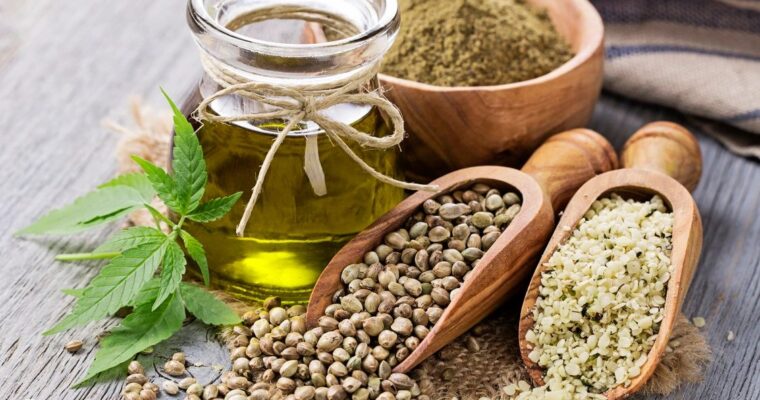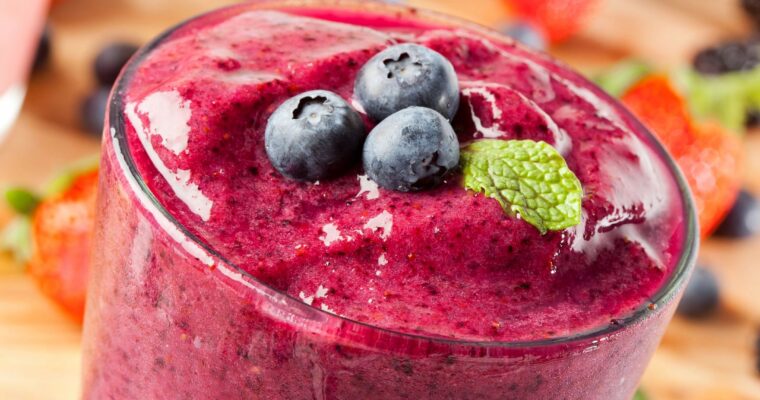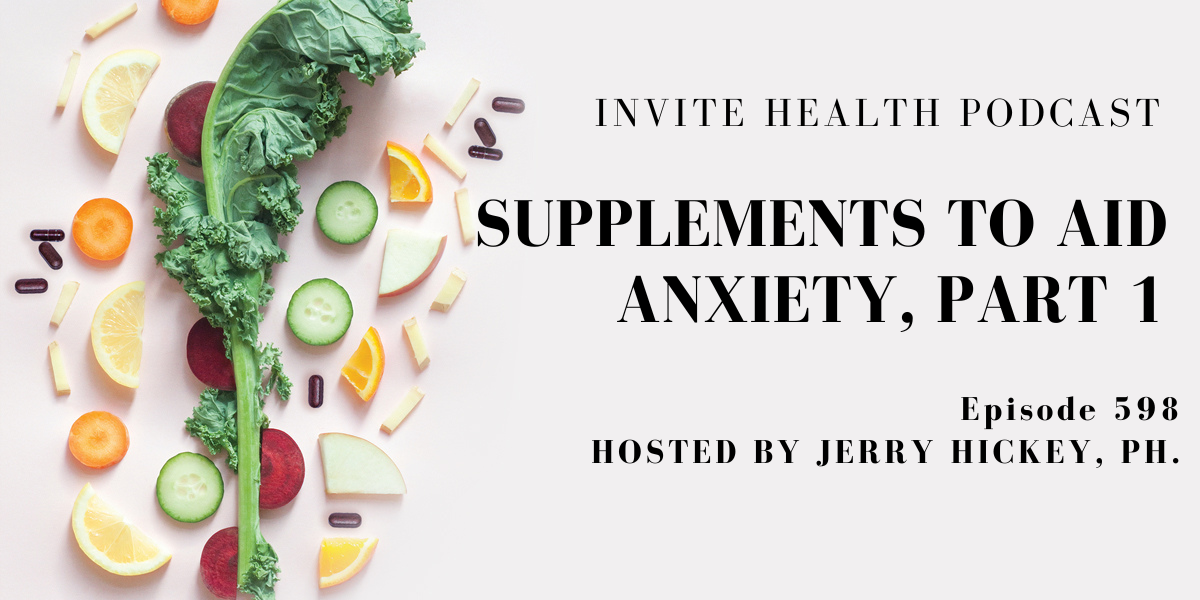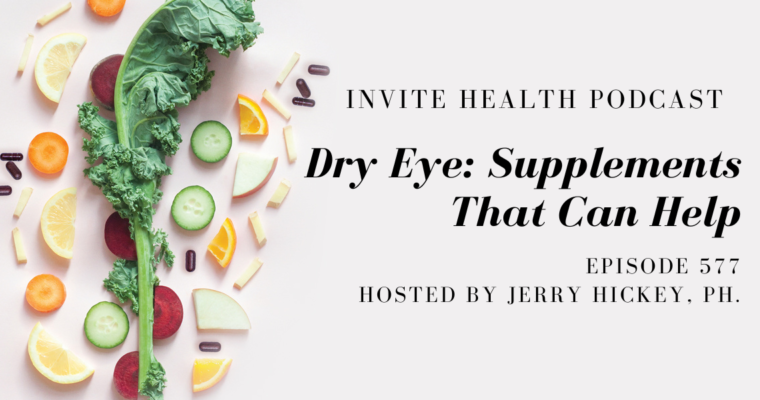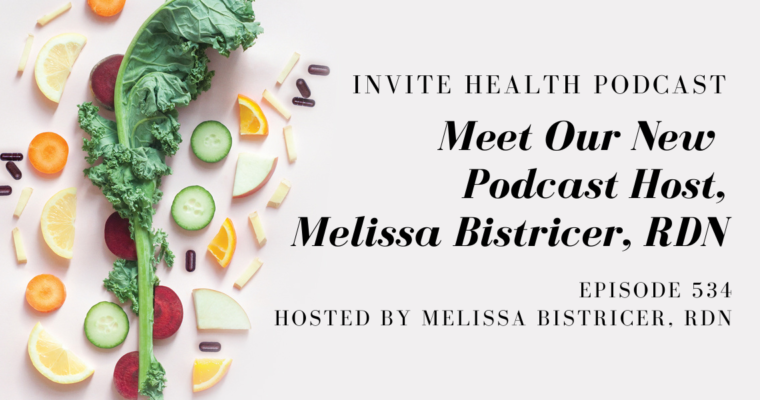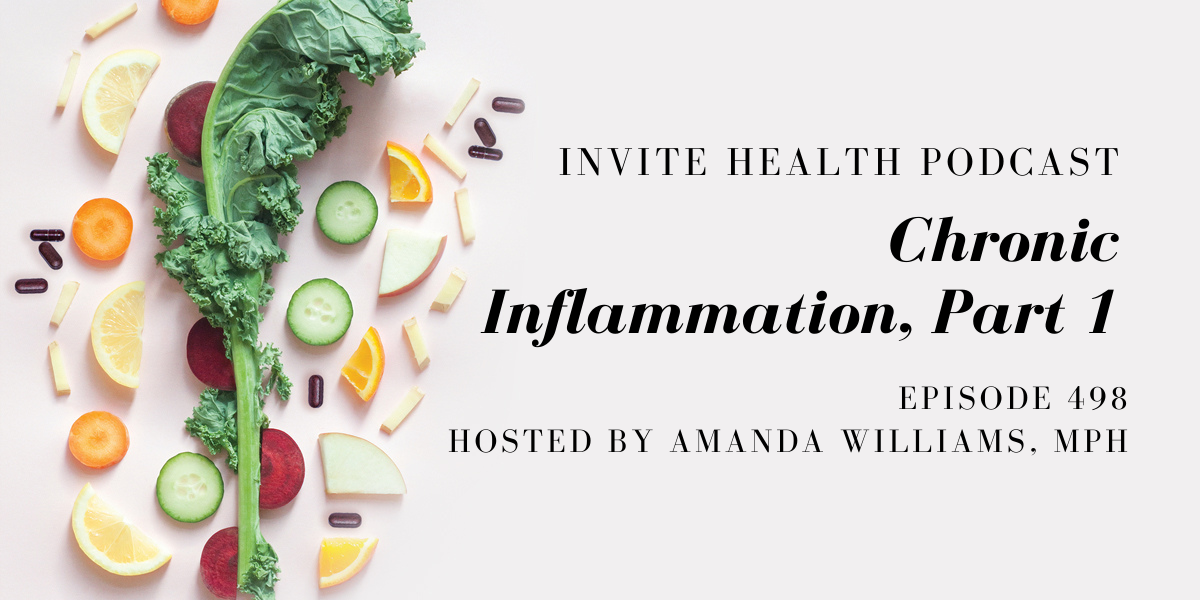inflammation
Subscribe Today!
Please see below for a complete transcript of this episode.
Chronic Inflammation, Part 1 – InViteⓇ Health Podcast, Episode 498
Hosted by Amanda Williams, MPH
*Intro music*
InVite Health Podcast Intro: Welcome to the InViteⓇ Health Podcast, where our degreed healthcare professionals are excited to offer you the most important health and wellness information you need to make informed choices about your health. You can learn more about the products discussed in each of these episodes and all that InViteⓇ Health has to offer at www.invitehealth.com/podcast. First time customers can use promo code PODCAST at checkout for an additional 15% off your first purchase. Let’s get started!
*Intro music*
Amanda Williams, MPH:
[00:00:40] Today, I want to zero in on inflammaging. This is a term that I like to toss around when it comes to accelerated aging that’s brought on by chronic inflammation, and we know that chronic inflammation is a big time problem. So I want to define inflammation in general today and talk about the implications. And then in part two, I’m going to talk about nutrients that are very specified when it comes to targeting chronic inflammation. So I’m Amanda Williams, MD, MPH, and let’s get right to it.† [00:01:13]
[00:01:13] Let’s talk some inflammaging and what exactly inflammaging is. Well, it’s just as its name suggests, it’s inflammation that creates aging. And for most people, they don’t want to age. Most people want to stay youthful. Well, we know that chronic inflammation will drive the aging process much faster than we would like. When we look at the end results of chronic inflammation, we can categorize all of those different chronic diseases. We can look at heart disease, we can look at diabetes, we look at chronic kidney disease, arthritis. We can look at, you know, irritable bowel with ulcerative colitis, for example, strokes, Alzheimer’s disease. We see the impact that inflammation has on the body.† [00:02:06]
[00:02:07] Now there is a big difference between short-term or acute inflammation, which is warranted and and actually is protective to the body, versus chronic, long-term inflammation, which I always describe as like a low level of inflammation, but it’s like a like a forest fire. So it’s creating damage slowly over time, where acute inflammation, say you sprain your ankle or something like that, you’re going to see this acute inflammatory response, which helps to promote the healing. So there is a big difference between the two when we look at acute inflammation versus chronic inflammation.† [00:02:52]
[00:02:53] So understanding the causes of chronic inflammation is key to trying to figure out how to reverse that. So when we think about things like mitochondrial dysfunction. So at the heart of the cell, the energy component, the maker of energy in each and every single cell is the mitochondria. If that mitochondria starts to go dysfunctional, then the cell is not going to be able to provide the energy or function the way that it is supposed to. We can certainly see how advanced glycation end products, those AGEs that are due to elevated blood sugar levels, can contribute to the chronic inflammatory process. We can look at things like oxidized low-density lipoprotein, so when we think about our cholesterol and how inflammation is the driving force for atherosclerosis, when we think about those plaque buildups.† [00:03:58]
CHOLESTEROL-LOWERING STATIN DRUGS AND NUTRITIONAL SUPPLEMENTS – INVITE HEALTH PODCAST, EPISODE 441. Listen Now>>
[00:04:00] Now there are many different risk factors that we can associate with chronic inflammation. We can look at the diet first and foremost. You know, dietary intake of bad fats, dietary intake of sugary sweetened beverages and high sugar intake. We can certainly look at excess weight, so being overweight or obese can play an integral role into driving that chronic inflammation. Now, certainly, we can look for chronic inflammation in the body. We can assess what our current status is when it comes to chronic inflammation. We can look at things like high sensitivity C-reactive protein. We can look at tumor necrosis factor alpha levels. We can assess different interleukins to see how inflamed we really are.† [00:04:52]

[00:04:54] But we have to see that the 10 leading causes of mortality in this country are directly linked to chronic, low level inflammation. So this plays a pathological role in every single one of those diseases. So when we have chronic inflammation, this is what creates all of that destruction in the body and hence we look at inflammaging because if we don’t do anything about that inflammation, it’s going to disrupt the cellular function, which means the cell no longer is working the way it’s supposed to, sending out signals, messages and hence it’s going to age faster. These are very important takeaways, because so much of this is modifiable.† [00:05:53]
[00:05:56] So you have the acute inflammatory response, we want that to happen. We know that this is important. Say we have an injury. I mentioned, you know, a sprained ankle, for example. You have an infection from a viral infection, bacterial infection, parasite, fungus. Of course, we want an acute inflammatory response to this. Now we also know that certain viruses can trigger a chronic inflammatory response, which is not good. But the acute inflammatory response, this is a very well-controlled process in the body. It’s trying to prevent damage done to surrounding tissues is trying to stop the spread of infection. It’s helping that healing process through the removal of the bad pathogen or through damaged tissue.† [00:06:56]
[00:06:59] Now, that is one aspect of inflammation. Chronic inflammation is a whole different beast. This is where we lose that function of the cell through that mitochondrial loss of energy production, which means we’re going to have excessive free radical or reactive oxygen species that do significant damage to the cell itself. All of these things are important to understand. We can look at how different biochemical pathways are involved in chronic inflammation. I had mentioned the oxidation of your low-density lipoproteins. We can see how this is a significant contributor to the development of atherosclerotic plaques. We can look at how elevations in homocysteine, which is a clear indication that there is inflammation occurring within the cardiovascular system, which can also be influenced through the inadequate exposure of key B-vitamins. So if you’re homocysteine levels are high, you should also be assessing your B12 in your folate levels because we know that there is a correlation between that. So understanding the, the impact, the long-lasting impact of chronic inflammation is essential to be able to target that chronic inflammation.† [00:08:37]
[00:08:39] If we know we’re carrying around excess weight, obviously we need to do something about that through lifestyle modifications via exercise, via diet. We can certainly look at hormonal components that can drive inflammation, looking at the endocrine system in general, so then what we’re thinking about pancreatic function in the setting of metabolic syndrome and diabetes. There are many ways by which our daily choices influence inflammation and make that inflammation linger and do significant damage.† [00:09:25]
FENDING OFF FALL AND WINTER WEIGHT GAIN – INVITE HEALTH PODCAST, EPISODE 203. Listen Now>>
[00:09:27] So we think about the cardiovascular implications, we think about how chronic low level inflammation has been implicated in many types of cancers. Think about how chronic inflammation is directly implicated with the pro-inflammatory cytokine response that you see in diabetes, which creates greater insulin resistance and less insulin sensitivity over time. You can look at age-related macular degeneration and see how inflammation is correlated to that. When they look at people who have age-related macular degeneration and they look their C-reactive protein levels, they can see elevated CRP, greater destruction within the eye. We can look at bone health and the impact of inflammation on the destruction of our bones, weakening the bones, creating osteopenia and osteoporosis. We can look at the cognitive impacts, we can look at how chronic inflammation can lead to things like anxiety and depression.† [00:10:35]
[00:10:38] So we have to first and foremost, be aware of what inflammaging is. And then secondly, we need to be proactive in our approach to targeting and managing this. This is essential to our existence because remember, it’s inflammaging. If we don’t want our cells to lose function and start dying off, which is going to shorten our lifespan, then we need to be proactive in how to support that cellular function. And the first thing that we do is we target the inflammation. So I’m going to, in part two, talk about different nutrients that we know are incredibly supportive when it comes to the normal inflammatory response and making sure that if we have excess inflammation occurring, that we can actually do something to lessen that, to lower the inflammation, to give those cells the ability to do what we need them to do. So we will pick up at that point in part two. So certainly tune in to that.† [00:11:53]
[00:11:53] For today, I want to thank you so much for tuning in to the InViteⓇ Health Podcast. Remember, you can find all of our episodes for free wherever you listen to podcasts or by visiting invitehealth.com/podcast. Do make sure that you subscribe and you leave us a review. You can follow us on Facebook, Twitter and Instagram @invitehealth and we will see you next time for another episode of the InViteⓇ Health Podcast.† [00:11:53]


